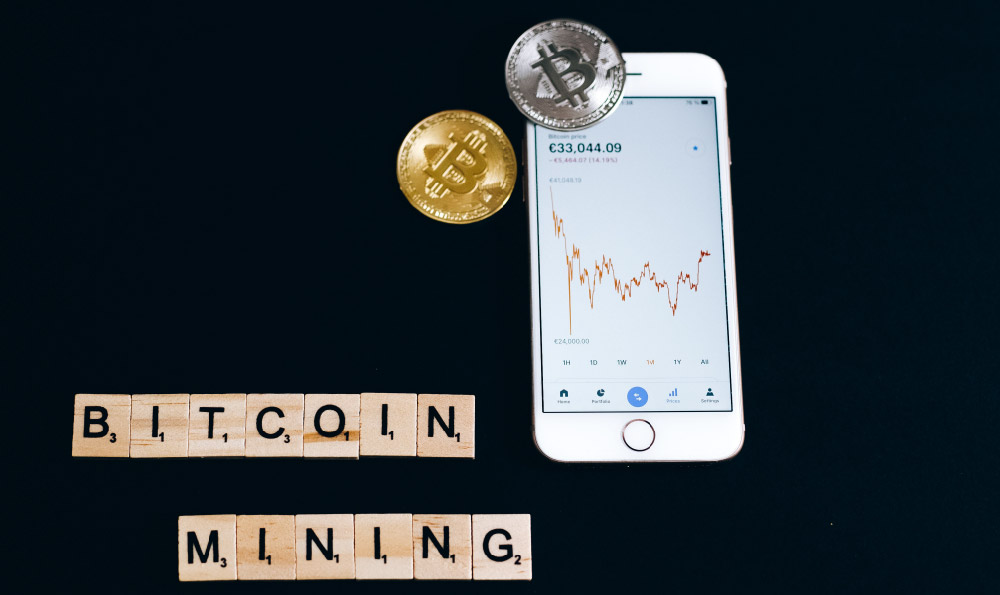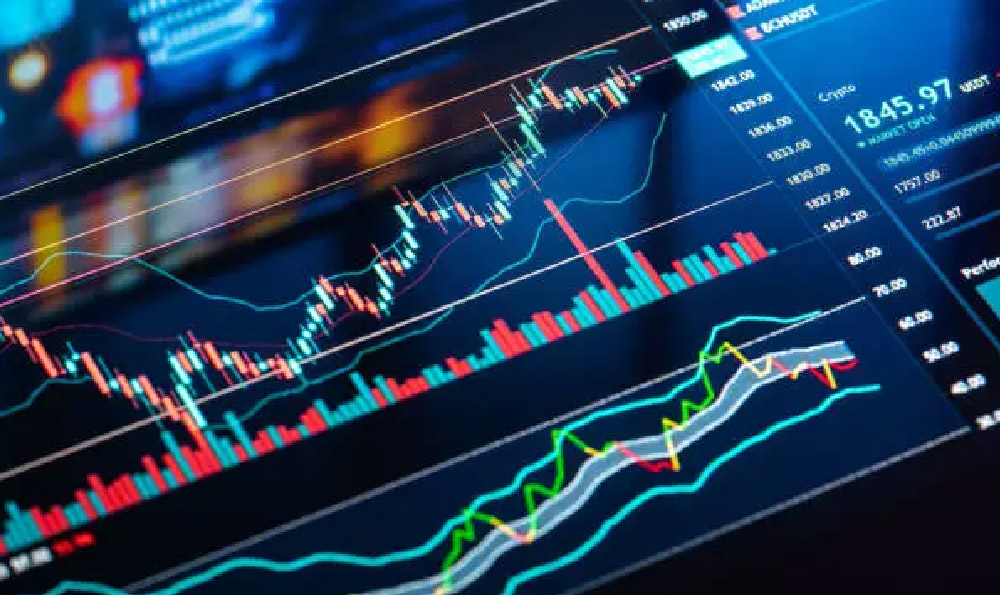Is Recycling a Waste or Opportunity? How Can You Profit From It?
Recycling: a seemingly mundane activity, is frequently debated for its true value. Is it a feel-good exercise with limited practical benefit, or a genuine opportunity for environmental and economic prosperity? The answer, as with most complex issues, lies in nuance. While some aspects of recycling programs may appear inefficient or costly, the larger picture reveals a considerable potential for profitability and positive societal impact. To view recycling solely as a waste or an opportunity is an oversimplification; a more productive approach lies in understanding how to maximize its potential benefits and minimize its drawbacks, ultimately extracting profit in its broadest sense – both financially and environmentally.
One of the primary criticisms leveled against recycling is its cost. Collecting, sorting, and processing recyclable materials requires significant infrastructure, manpower, and energy. In some cases, the cost of processing certain materials, particularly when virgin materials are cheap, can exceed the revenue generated from selling the recycled commodities. However, this perspective often overlooks the long-term economic and environmental costs associated with relying solely on virgin materials. Extracting and processing virgin resources often involves deforestation, mining, and significant energy consumption, all of which have substantial environmental consequences, including greenhouse gas emissions and habitat destruction. These indirect costs, often externalized and not factored into the initial price of virgin materials, contribute to a distorted market that undervalues the true benefits of recycling.
The opportunity for profit in recycling lies in several key areas. First, innovation in recycling technologies and processes can significantly reduce costs and improve efficiency. Investments in automated sorting systems, advanced material processing techniques, and improved logistics can streamline the recycling process and make it more economically viable. For example, chemical recycling, which breaks down plastics into their original building blocks, offers the potential to recycle materials that are currently difficult or impossible to recycle through traditional mechanical methods. These advanced technologies can unlock new revenue streams and create a more circular economy.

Second, the increasing demand for recycled materials from manufacturers presents a significant market opportunity. As businesses become more aware of their environmental footprint and consumers demand more sustainable products, the demand for recycled content is steadily growing. Companies that utilize recycled materials can often gain a competitive advantage by appealing to environmentally conscious consumers and reducing their reliance on virgin resources. Furthermore, government regulations and incentives increasingly favor the use of recycled materials, creating further demand and market stability. Supply chain disruption caused by geopolitical events has also highlighted the importance of domestically sourced materials, making recycled commodities more attractive to manufacturers.
Third, the waste management sector itself presents numerous entrepreneurial opportunities. Beyond traditional recycling collection and processing, there is a growing demand for specialized waste management services, such as e-waste recycling, construction and demolition debris recycling, and food waste composting. These niche markets offer higher margins and cater to specific needs within the waste stream. Moreover, the development of innovative business models, such as deposit-refund programs and extended producer responsibility schemes, can create closed-loop systems that incentivize recycling and reduce waste generation. These models assign responsibility for end-of-life management to manufacturers, encouraging them to design products that are easier to recycle and reuse.
Fourth, viewing "waste" as a resource unlocks opportunities for value creation. The concept of "urban mining" – extracting valuable materials from discarded products – is gaining traction. Electronic waste, for example, contains precious metals like gold, silver, and platinum, which can be recovered and reused. Similarly, food waste can be converted into biogas through anaerobic digestion, generating renewable energy and reducing greenhouse gas emissions. These examples highlight the potential to transform waste streams into valuable resources, creating new economic opportunities and reducing environmental impacts.
However, realizing the full potential of recycling requires addressing several challenges. One significant obstacle is the lack of standardization in recycling programs. Different municipalities often have different rules and regulations regarding what materials are accepted for recycling, creating confusion for consumers and hindering the efficiency of the recycling process. A more standardized approach, with consistent guidelines across different regions, would improve participation rates and reduce contamination in recycling streams.
Another challenge is the issue of contamination. When non-recyclable materials are mixed with recyclable materials, they can contaminate the entire batch, making it difficult or impossible to process. Educating the public about proper recycling practices is crucial to reducing contamination and improving the quality of recycled materials. Clear and concise labeling, along with targeted outreach programs, can help consumers understand what materials are recyclable and how to properly prepare them for collection.
Beyond the tangible profits derived from the recycling industry, there exist undeniable societal benefits. Recycling reduces landfill waste, conserving valuable land resources and mitigating the environmental risks associated with landfills, such as leachate contamination and greenhouse gas emissions. It also conserves natural resources, reducing the need to extract and process virgin materials. Furthermore, recycling creates jobs in the waste management sector and promotes a more sustainable economy. These broader benefits, while difficult to quantify in monetary terms, contribute to a healthier environment and a more resilient society.
Ultimately, the success of recycling depends on a collaborative effort involving governments, businesses, and individuals. Governments can play a crucial role by setting ambitious recycling targets, implementing supportive policies, and investing in recycling infrastructure. Businesses can design products that are easier to recycle, utilize recycled materials in their manufacturing processes, and participate in extended producer responsibility schemes. Individuals can adopt responsible recycling habits, reduce their consumption, and support businesses that prioritize sustainability.
In conclusion, recycling is not simply a waste or an opportunity; it is a complex system with both challenges and potential benefits. By embracing innovation, fostering collaboration, and adopting a holistic perspective that considers both economic and environmental factors, we can unlock the true potential of recycling and create a more sustainable and prosperous future. The profit lies not just in the monetary gains, but also in the preservation of our planet and the well-being of future generations.














